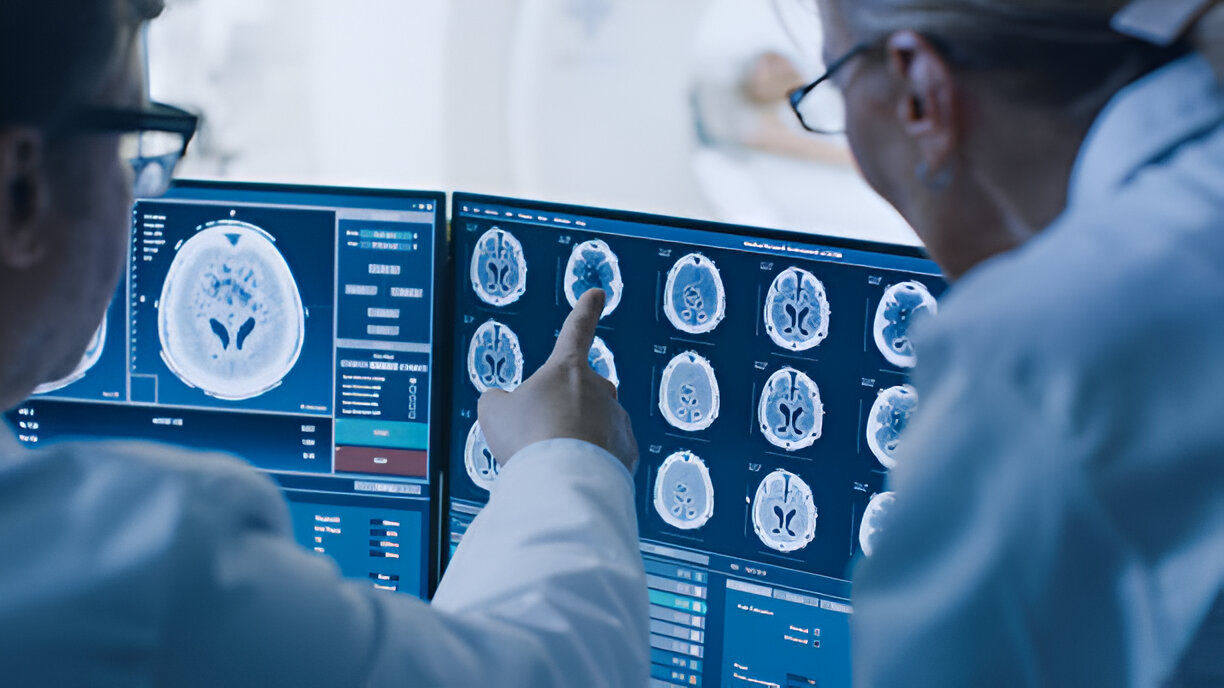Overview
Radiology plays a crucial role in modern medicine by providing detailed images of the body`s internal structures. This non-invasive field includes diagnostic imaging techniques such as X-rays, which are used to view bones and detect fractures; CT scans, which offer detailed cross-sectional images of organs and tissues; MRI, which provides high-resolution images of soft tissues; and ultrasound, which uses sound waves to visualize soft tissues and monitor fetal development during pregnancy. Radiologists analyze these images to diagnose conditions, plan treatments, and monitor the effectiveness of interventions.
In addition to diagnostic imaging, radiology also encompasses interventional procedures. These minimally invasive techniques, guided by imaging, allow for precise treatments such as biopsies, catheter placements, and drainage of fluids. Radiology’s ability to provide real-time imaging during procedures enhances accuracy and reduces recovery times, making it a vital component of patient care. By integrating advanced technology with expert analysis, radiology supports a wide range of medical specialties and improves patient outcomes.
Symptoms & Diagnosis
Symptoms: Radiology helps diagnose various conditions based on symptoms such as persistent pain, unexplained swelling, fractures, abnormal growths, and changes in organ function. It also plays a critical role in detecting tumors, assessing the extent of injuries, and monitoring chronic conditions. Diagnosis: Diagnostic procedures in radiology include X-rays for viewing bones and detecting fractures, CT scans for detailed cross-sectional imaging, MRI for high-resolution images of soft tissues, and ultrasound for visualizing soft tissues and fetal development. Each imaging technique provides specific insights that help in diagnosing and planning treatment for various conditions.
Our Services
At Health Village Hospital, our radiology department offers a full spectrum of imaging services, including X-rays, CT scans, MRIs, and ultrasounds. We provide accurate diagnostic imaging with state-of-the-art technology, ensuring high-quality results for effective diagnosis and treatment planning. Our experienced radiologists and support staff are dedicated to delivering excellent patient care through precise imaging, clear communication, and integration with comprehensive treatment plans.
Health Tips & Info
To support optimal radiological health, maintain a balanced diet and stay hydrated to support overall bodily functions. Protect yourself from unnecessary radiation exposure by following safety guidelines and only undergoing imaging studies when necessary. Regular physical activity can improve overall health and potentially reduce the need for imaging studies. Communicate openly with your healthcare provider about any concerns or symptoms to ensure timely and appropriate imaging when needed.
Radiology is a medical specialty that uses imaging technology to diagnose and treat diseases by visualizing internal structures of the body.
Common imaging techniques include X-rays, CT scans, MRI, and ultrasound, each providing different types of images for diagnosis and treatment planning.
Meet Our Doctors
Our administration and support staff all have exceptional people skills and trained to assist you with all medical enquiries.

